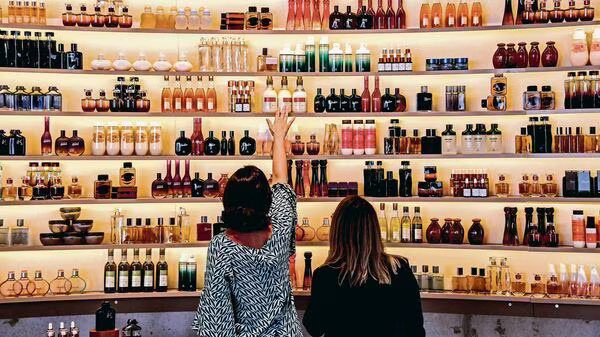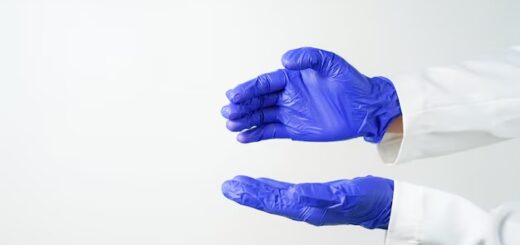A make-up call: Drug regulator casts a sharper eye on imported cosmetics

India’s regulator of cosmetics, pharmaceuticals and other medical devices has requested that companies provide an annual statement with information about the cosmetics imported into the country. The Central Drugs Standard Control Organisation’s (CDSCO) move is intended to combat an apparent rise in complaints about substandard imported cosmetics.
In a circular published on 23 February, by Dr Rajeev Singh Raghuvanshi of the Directorate General of Health Services, CDSCO asked companies to provide information such as the number and type of consignments and bills of entry. They also requested the amount and cost per consignment and the location of the warehouse.
The regulator stated that it made this decision after the government observed that importers of cosmetics were not submitting these details to Central Licensing Authority as required by the Cosmetics Rules 2020. Mint has a copy.
A message sent to the Ministry of Health did not receive a response immediately.
Statista reports that India imports a large amount of skin and beauty care products from China (worth $59.81 million per year), the UK (worth $28.91 million) as well as South Korea ($25.06 millions). Health experts have noted that some of these products can cause serious skin problems.
“There are hair dyes that claim to be safe (free of para-phenylenediamine or PPD) but actually contain PPD, which can cause severe allergic reactions including swelling of the face,” said Dr Kabir Sardana, head of dermatology at Ram Manohar Lohia Hospital, referring to imported cosmetics.
Some hair serums may cause hair loss. “As there is no prescription, the patient cannot do anything if something goes wrong.”
Dr Sardana pointed out that imported products for facial care are primarily made for European climates and therefore are rich in moisturizers, which can cause acne on Indian skin.
Many people use sunscreens that are unnecessary, as Indian skin already has a SPF of 15. “These sunscreens come in a variety of bases and, except for those that have a non-sticky matte finish, they almost all cause cosmetic acne,” said he.
To ensure the safety and quality of cosmetic products imported into India, a CDSCO-run online portal is used to regulate their import. The Central Licensing Authority will issue an import registration certificate for a cosmetic product once it is registered in the portal. This certificate is issued under Rule 13 (Cosmetic Rules 2020) to allow its importation into India and sale there.
These rules apply to a variety of cosmetics such as skin care products, body hair removal, make-up products, perfumes and antiperspirants. They also include hair and scalp products and oral hygiene products. India’s beauty, personal care and cosmetics market is worth $16,8 billion. It is expected to grow by 11% annually.



